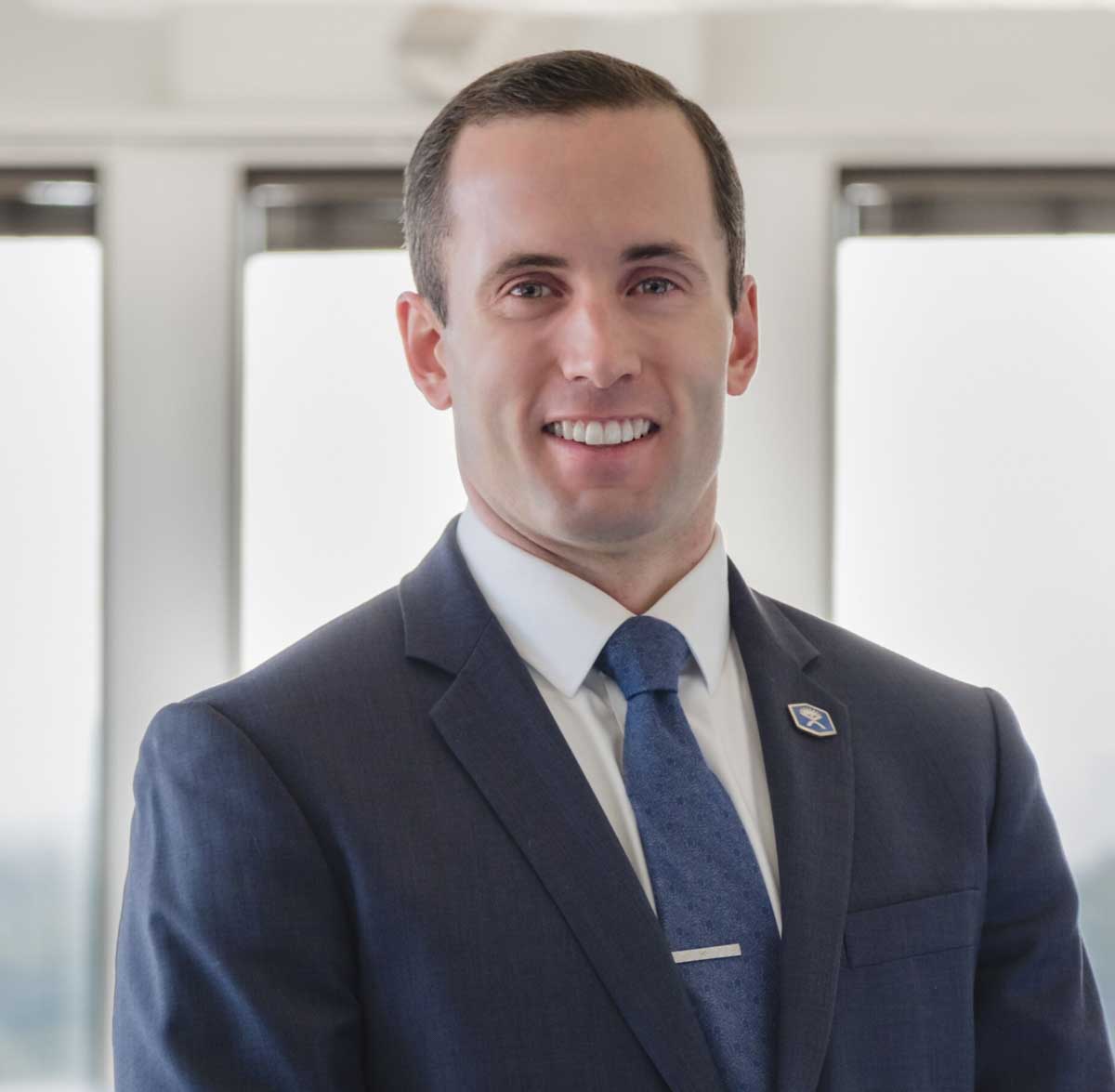People Are Not Cars: We Do Not Breakdown, We Adapt

Analogies are wonderful tools for expressing ideas and explaining otherwise complex information. They are common in healthcare as clinicians often used them to explain a diagnosis or treatment. While analogies can simplify information and build understanding, they can also create misunderstanding. One of the poor analogies floating around the internet and clinics of healthcare providers is “patients are like cars.” This message negates how well our bodies adapt to everyday trials.
We Do Not Need to be “Realigned” and “Balanced”
For those unfamiliar, here is a quick summary of the “patients are like cars” analogy. Cars require regular maintenance to prevent breakdown. As a car operates, it wears down over time. Regular maintenance includes tire rotation, alignment, oil change, changing air filters, etc. Some maintenance work can be put off, but eventually, the check engine light will notify you of a serious problem. Let’s look at how this applies to people.
The analogy is used to explain that people require regular check-ins and maintenance work from healthcare providers. This may include regular massage, chiropractic alignment, or correctional exercises and manual therapy to “fix” imbalances. Not the quotations around the word fix. This is where the analogy falls apart.
Let me clear up a common misconception about maintenance for your body. Yes, it does need regular exercise, a healthy diet, and good sleep hygiene. There are many activities you can undertake for mental health as well. All of these should be addressed with regularity. Here is a major difference. You are in control and can conduct all your maintenance independently. You do not need to have a mechanic (healthcare provider) perform regular maintenance on you.
Our Bodies Adapt, Cars Break Down

Research simply does not support the idea that our bodies fall out of alignment. (source) Furthermore, we do not need to be balanced. Our bodies are resilient and adapt to the stresses we place on them. Our bodies change relative to the demands we put on them. It is perfectly normal and healthy to have more strength or more mobility on one side compared to the other. (source) The alignment of our body does not matter; fitness, metabolic (nutrition), and mental health are what matters.
A key difference between a body and a car is the ability to adapt. Cars only breakdown. If you take a car on a road trip, you do not build its endurance. You cannot increase a car’s horsepower but taking it on hills or drag racing. Conversely, weightlifting and sprint training will build up a body. (source) Meditation and high-quality sleep can sharpen our minds. (source) High-quality gas will allow a car to run optimally, but high-quality nutrition can also enhance the human body beyond its current capacity.
Determining When Treatment is Needed

To remain resilient and to enhance our physical and mental capacities, we need to put in the work. This is done independently. This does not mean regular consultation with healthcare providers is inappropriate. In fact, regular check-ins are encouraged.
Healthcare providers, like physical therapists, receive advanced training and can provide individualized education regarding your body. They can help you design optimal exercise and nutritional interventions. They can also screen you for underlying signs and symptoms that may be cause for concern. This includes regular assessment of vitals (blood pressure and heart rate), physical fitness (cardiovascular capacity and strength), and neurologic system (reflexes and sensation). Medical providers can also perform routine blood work and other assessments that require advanced training, equipment, or both.
I encourage you to establish regular communication with various healthcare professionals, such as a physician and physical therapist. A yearly examination can ensure you are on the right track with your health and fitness goals. If you a veering off course, your therapist can give you a nudge in the right direction. Should you require a full bout of treatment, they are then available for you. Find out where the closest physical therapists are to you.
ABOUT THE AUTHOR

Zach Walston (PT, DPT, OCS) grew up in Northern Virginia and earned his Bachelor of Science in Human Nutrition, Foods, and Exercise at Virginia Polytechnic Institute and State University. He then received his Doctorate of Physical Therapy from Emory University before graduating from the PT Solutions’ Orthopaedic Residency Program in 2015.
Zach has numerous research publications in peer-reviewed rehabilitation and medical journals. He has developed and taught weekend continuing education courses in the areas of plan of care development, exercise prescription, pain science, and nutrition. He has presented full education sessions at APTA NEXT conference and ACRM, PTAG, and FOTO annual conferences multiple platforms sessions and posters at CSM.
Zach is an active member of the Orthopedic and Research sections of the American Physical Therapy Association and the Physical Therapy Association of Georgia. He currently serves on the APTA Science and Practice Affairs Committee and the PTAG Barney Poole Leadership Academy.